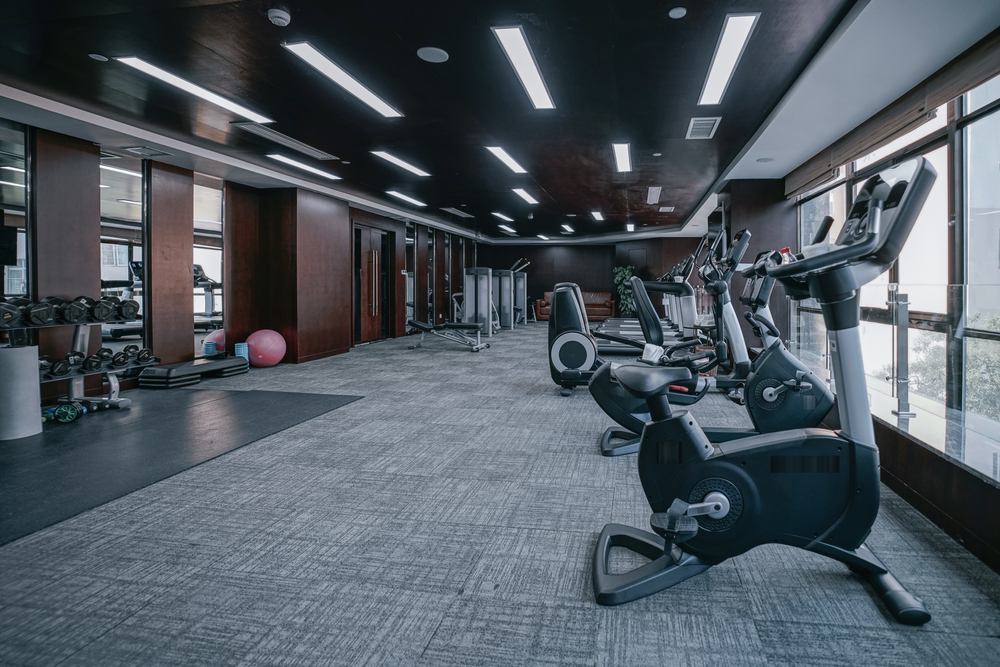The culture of complaints in Switzerland
In 2012, the Swiss Complaint Center was founded in Zurich, providing advice on all questions relating to complaints. The templates for complaints provided on the website have now been downloaded more than 130,000 times.

Independent complaints office: The Motz headquarters in Zurich
Colloquially, a complaint is often referred to as? Moaning? so it is not surprising that the complaints center based in Zurich is also called Motz headquarters. This contact point, which is actually intended to provide help to consumers, should be viewed with caution, because it offers a good target for companies with a rather dubious reputation. At the end of March 2018, Top AG Ltd. has already filed a criminal complaint for defamation because the company had moved up to first place in the 2018 complaint barometer.
Once the service of the complaint center consisted of a telephone consultation, letters of complaint were written and the complaint barometer could be published on the Internet. Today there are several of these complaint offices, but there is still one Motz headquarters, which has gained numerous findings from previous work.
One of these findings is that a forwarded complaint and the publication of reports from those affected may not be sufficient in every case. There is only success if the company concerned, to which the complaint relates, is working seriously anyway. They want their customers to be satisfied and, in turn, invests their money in professional complaints management. The really difficult cases are in companies that like to ignore complaints and want to avoid their duties. They use legal loopholes and rip off customers by using delaying tactics. Without legal assistance it is difficult to achieve success here.
Problems for the complaint center
The Swiss Complaints Center has already learned several times in the past how intimidating some companies are. But thanks to Dextra Rechtsschutz AG, the Motz head office was able to successfully defend itself against the intimidation attempts and has therefore learned that the greatest success for customers is only possible through legal assistance and a letter from a lawyer or a law firm. This is why the complaints center has entered into a cooperation with WILD Rechtsanwalt AG and can therefore support customers much better. You will now receive a complaint letter as well as initial legal clarifications on the legal facts of the respective case. If it is a question of a higher amount of damage or if all options have already been exhausted, the legal advisor can file a complaint and thereby assert the claims. Often, for example, claims due to flight delays and flight cancellations have to be processed here.
At the beginning of 2017 there was trouble for the complaints center Switzerland, which was put under pressure by two law firms from Zurich because blog posts and information about the business conduct of Top AG Ltd. should be deleted. This then filed a criminal complaint in 2018. Nevertheless: In spite of all attempts at intimidation, the complaints center publishes its research on the company every year and also provides the business model of Top AG Ltd. represent.
More and more customers are being deceived by Internet offers and are being blinded by supposedly great offers that are not that great at all. This trend has been evident since 2017 and continues year after year. Some companies are noticeable as frequent causes of complaints; these are shown at the top of the complaint barometer. It is now important to help affected customers and to inform other consumers about the business conduct of the companies, a task to which the complaints center Switzerland is fully committed.
Conclusion: Switzerland's complaint center as a savior in an emergency
The Swiss Complaints Center repeatedly proves itself to be the savior in times of need and ensures that customers get their rights by drafting complaints and providing legal support. Some companies turn out to be dubious or use every legal hiding place to protect themselves against complaints. These companies are shown in the annual complaint barometer, which is intended to warn other customers. Despite the intimidation attempts to which the Motz headquarters has already been exposed, it continues its work and is therefore a valuable support for consumers.
divide
Find legal protection insurance
Compare all providers in Switzerland quickly and free of charge.





































































